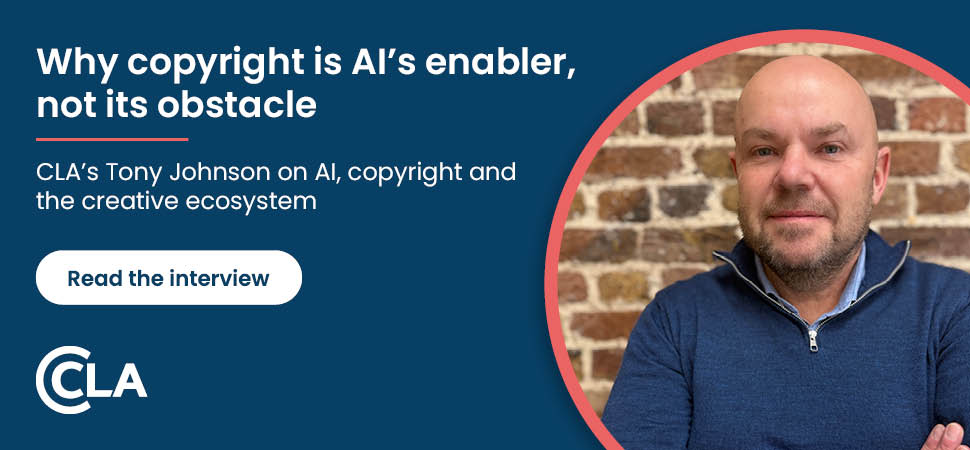Chasing profits, climbing rankings and outpacing competitors are common determiners of business success. But for some, the mission runs deeper.
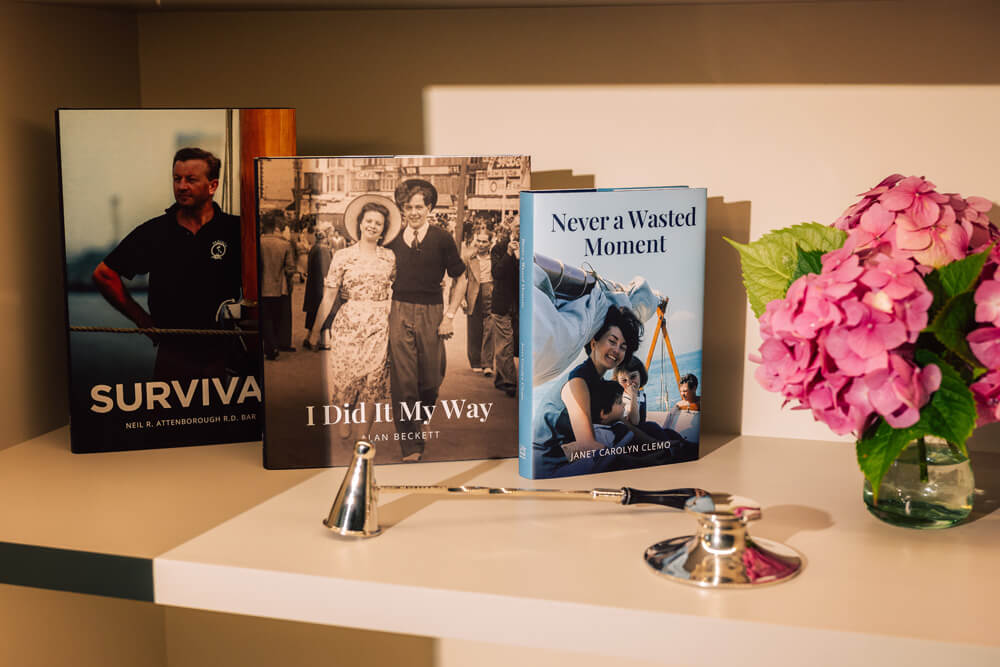
The co-founders of LifeBook Memoirs, chief executive Roy Moëd and operations director Yvette Conn, believe in a different kind of success. Their focus isn’t just on the here-and-now but on creating something lasting – a gift of meaning and connection that transcends generations. Their measure of success isn’t just on what they achieve but on what they leave behind.
In a marketplace crowded with ambition and competition, there’s something refreshing about a mission that seeks to give more than it takes. So, we caught up with Roy and Yvette to learn about their backgrounds and the history of their company. In the process, we came to understand how leaving something personal and profound that lasts beyond the moment can touch the lives of those who matter most.
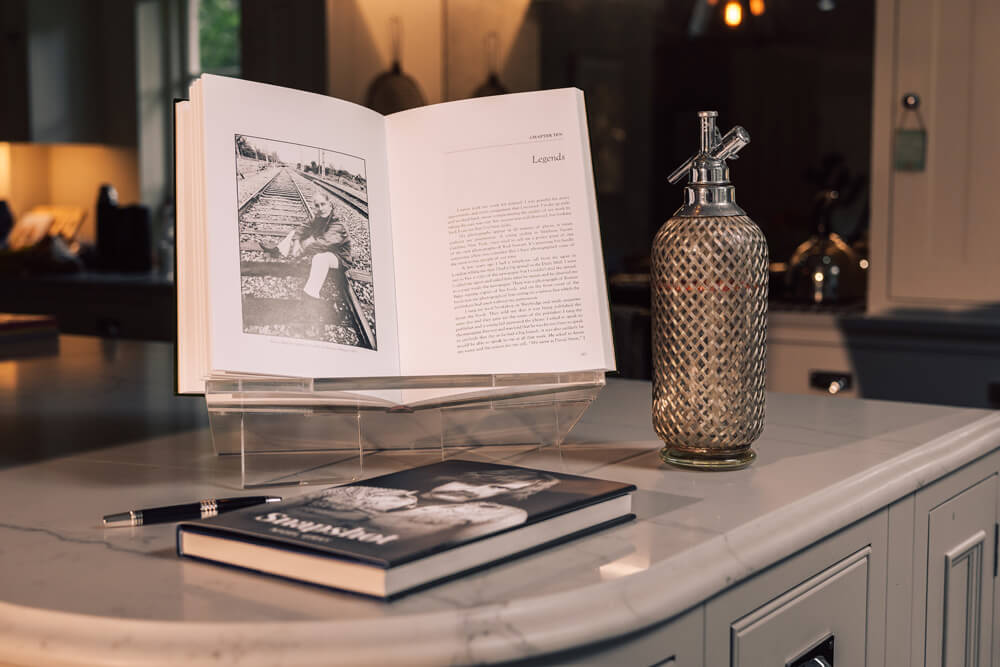
As established leaders in private memoir publishing, could you share your professional backgrounds and the paths that led to your current roles?
Roy: “My journey started when I was 25. I’d struggled at school, and I’d struggled at work. I didn’t have any academic qualifications, I’m dyslexic, and I’d worked 29 different jobs – everything from managing a nightclub to working in a kibbutz. Some of those jobs were in the catering industry. In one of them, I noticed a opportunity to supply pineapple juice to the caterers who supplied Iran Air, so in 1978 I started an airline-catering business called Pourshins. I jumped at the opportunity. We went from supplying cups of juice to making pre-packed products for other airlines and rail companies. Over 30 years, we went from a turnover of £30,000 to £100m. It was quite a journey. I sold in 2007 because I was tired, and I wanted something different. My father used to say that if you want a business then you should find one without staff and without stock, like insurance, where one call could be for £100 or £1m, but Pourshins, at its peak, had 600 staff and £2m of stock!”
Yvette: “My background is different. I studied economics and business at Bath University and went on to work in the City for over a decade. I was a broker. My expertise was in analysing and commentating on different businesses, advising corporates on IPOs. It all absolutely fascinated me.”
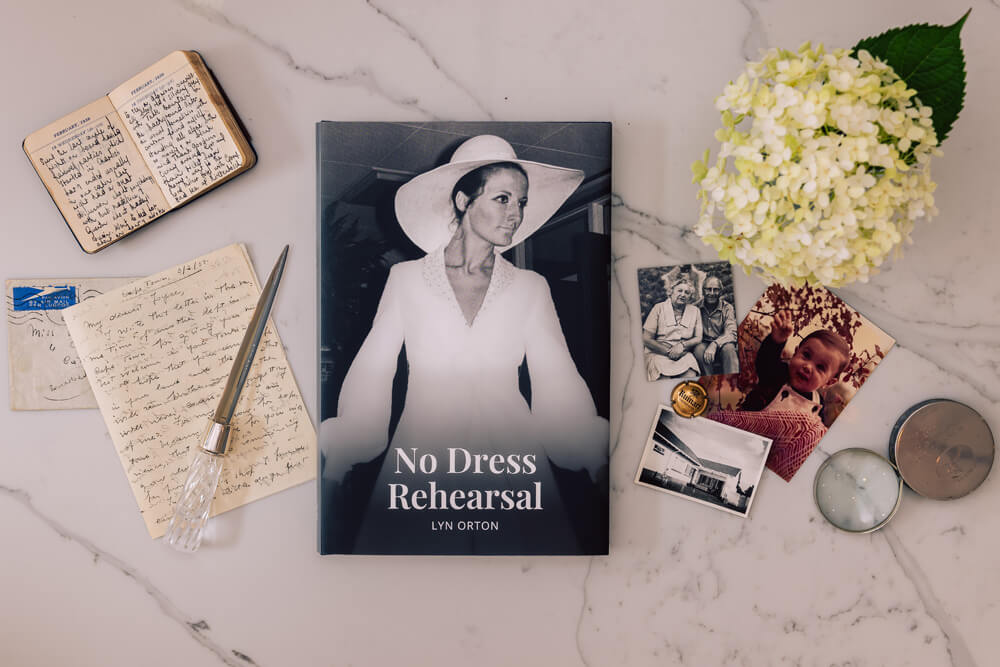
What catalysed the creation of LifeBook Memoirs? Please share the personal motivations behind establishing the company.
Roy: “It’s been a very personal journey. My inspiration came while my 86-year-old father’s health was failing. I took him for lunch one day, and he was trying to tell me stories, but I kept shutting him down. I’d heard them all before. He’d lost his sight, was living in an assisted care facility and his quality of life was declining. He was depressed. I decided to come up with a project – something meaningful that would give him a reason to get up each day and also provide some companionship. I arranged weekly interviews in which he could tell his stories, and those ultimately became the first LifeBook. After that, I knew I wanted to make the same thing achievable for others.”
Yvette: “Another factor was our volunteer work with Crisis At Christmas, a homeless charity. We saw what a huge part mental health and depression play in homelessness, and we began to think about ways to get people to care about themselves and engage with life when they’re depressed.”
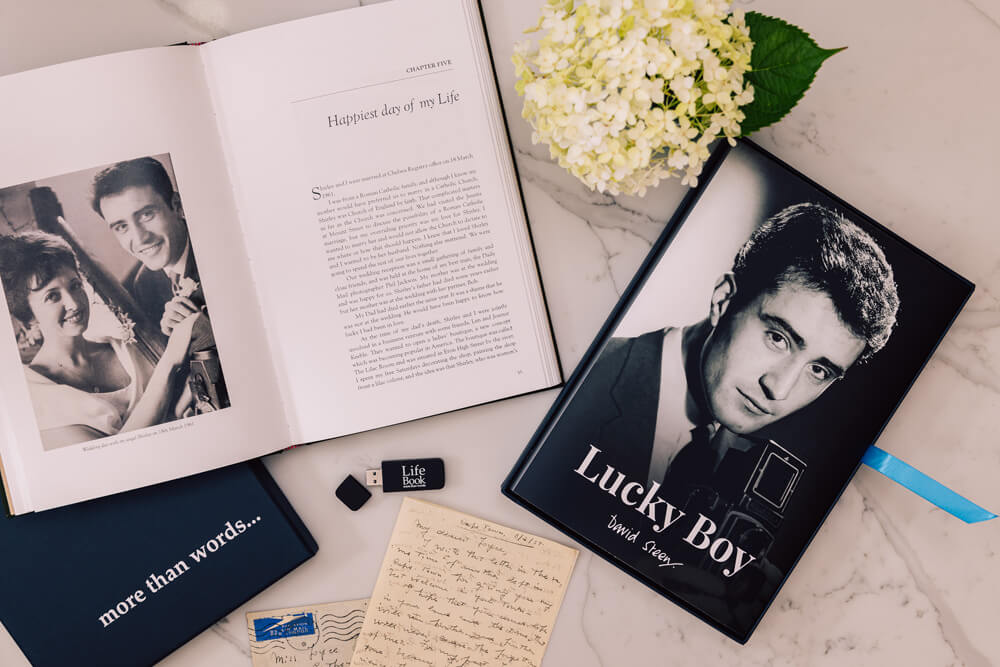
Your service model appears highly personalised. Could you walk us through your methodology and explain how you maintain consistency across projects?
Roy: “The thing about LifeBook Memoirs is that we’re really focused on the ‘author’. We want them to enjoy their time with us, so our interviewers visit them at home and record twelve face-to-face interviews over six months. The facts and stories from these interviews are then written by one of our skilled professional ghostwriters. They tell the author’s story in such a way that friends and family can ‘hear’ the author’s voice when they read it.
“We develop a manuscript which is then edited, typeset, proofread and printed on beautiful archival paper. The books are then bound by hand, which means they last.
“We also record the author reading their favourite stories, so that the family has the voice of their loved one as well as their stories and their photographs, which we’ve improved.
“Essentially, people can sit back and enjoy reminiscing while we do the hard work for them!”
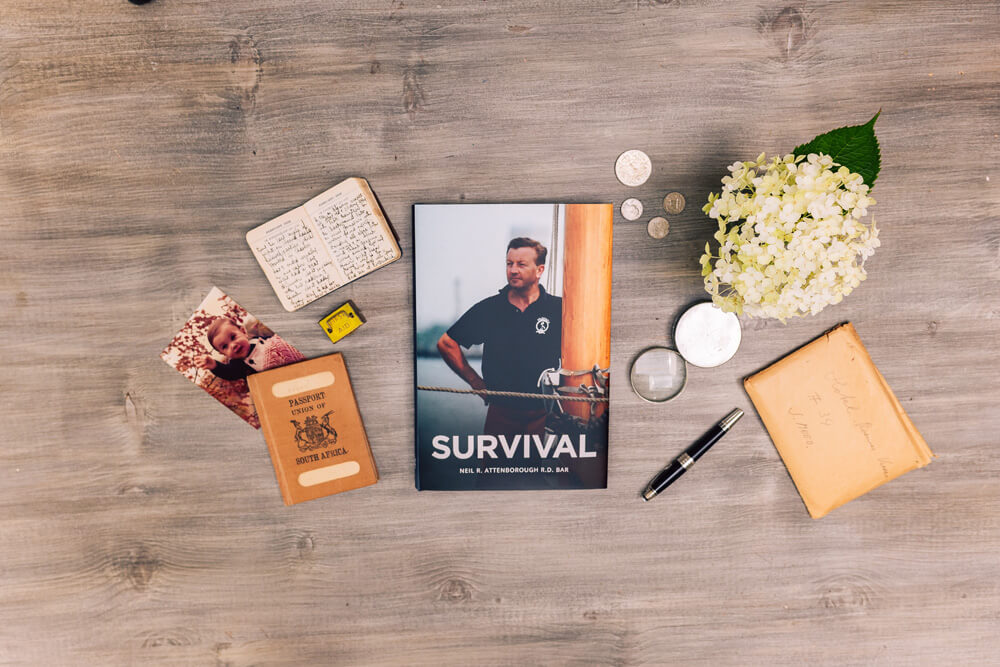
Both personal and corporate histories form your portfolio. How do you differentiate your approach when documenting individual memoirs versus business chronicles?
Yvette: “That’s right. We produce corporate histories, too. My particular interest is with family business stories. They’re fascinating. Family businesses are different, they really are, and that comes through in their storytelling. As the story of a business starts to emerge, what happens is that you appreciate the entrepreneurship, the challenges, the effort that went into building the business, the thinking behind it, the energy, the dynamism and the single-minded focus of the founder … All that comes through in the storytelling, and that’s what makes each one so interesting.”

The concept of legacy features prominently in your work. How does this translate into tangible value for your clients?
Roy: “Absolutely. The value of your legacy isn’t just in the money you leave; it’s in your stories and values. That’s the really important part.
“It can be difficult to know what to say and how to say it when you think of this in terms of legacy, though, and that’s why each author has an interviewer sitting with them and asking the right questions. A good interviewer will help you understand and deliver the kind of legacy you want your family and future generations to have.
“I think legacy is so important. It’s fundamental, in my opinion.”


